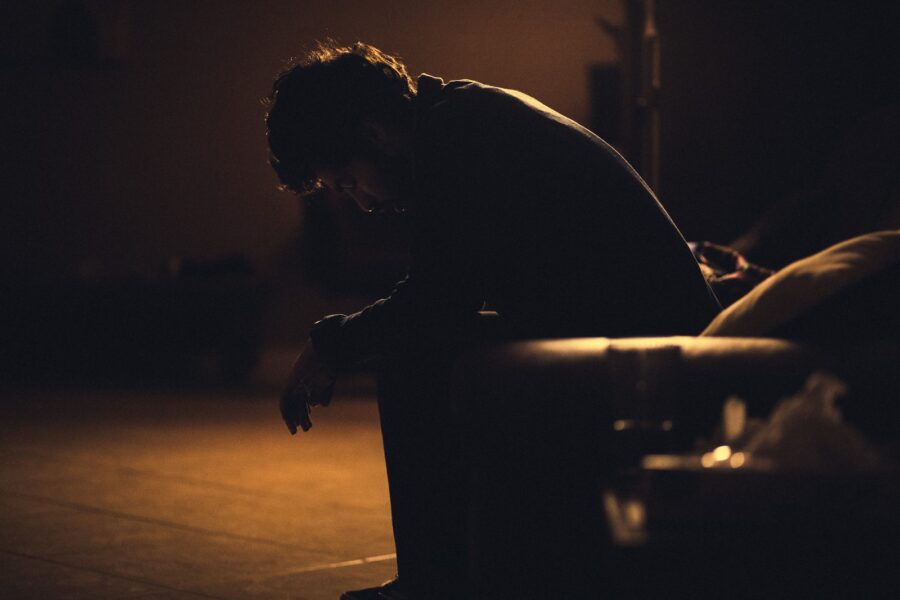Almost half (48%) of Millennial and Gen Z men claim employers are prioritising productivity over their mental health and well-being with, according to new research. Results relating to burnout and male mental health also underscore an urgent call to action.
More than 10,000 people in 12 countries, including over 1,200 in the UK, took part in the Cigna 2023 Vitality Study, ultimately revealing that cases of burnout are at alarming levels amongst men – more than 9 in 10 Gen Z (98%) are experiencing at least one symptom as well as 89% of Millennials and 4 in 5 Gen X (81%).
Other findings show that the majority of Gen Z (87%) and Millennials (77%) have worked even when they’re unwell, as have two-thirds of Gen X (66%). And, this ‘always on’ mentality is leading to a disconnect between employees, with 4 in 5 Gen Z (80%) displaying signs of presenteeism at work, falling to 66% for Millennials.
With male mental health a particular concern and something that hits close to home, mental health campaigner Geoff McDonald warns of an epidemic hitting working males and is calling for organisations to take the issue more seriously.
Geoff explains:
Among men, particularly those in middle management and senior management positions, there is still a high degree of stigma surrounding mental health in the workplace. Every 17 seconds, someone in the world will take their own life – suicide is the number one cause of death among men under the age of 50 in the UK*, and that’s to a large extent, preventable. That’s how important it is to address the stigma and why a practical approach among employers is vital to tackle the issue.
Geoff McDonald, mental health campaigner
Creating psychological safe spaces for conversations
Former HR leader McDonald’s life was turned upside down in 2008 when he fell ill with anxiety-related depression. He refers to this as his ‘crucible’ moment and credits his ability to open up about his illness for saving his life.
But after a close friend died by suicide four years later, McDonald has committed his life to helping other people in the same situation and has been a leading campaigner on the subject ever since, working with leading companies around the world.
Organisations have to take a greater responsibility in this space and far more accountability. In the world today we spend billions on health and safety – and guess what, it all goes on safety. We keep people physically safe, so why don’t we also want to keep people mentally and emotionally safe? We should devote the same energy and resources to mental health as we do for safety.
‘CAN DO’ checklist to support mental health
Geoff advises the following simple ‘CAN DO’ checklist to help look after your own mental health:
C – Connection. Find five minutes every day to make some kind of connection with a friend, family member, or nature.
A – Active. Spend 30 minutes every day walking, swimming, jogging – anything that gets you moving.
N – Nice. Just see what that does for someone’s sense of purpose and meaning by being nice to someone.
D – Discover. Be curious, it’s good for our neural pathways to find out something you didn’t know at the beginning of the day, every single day.
O – Observe and recover. Build into your diary five minutes every day to have a recovery observation break where you just do nothing. It could be as simple as standing outside and observing what’s going on in the world.
Joanne is the editor for Workplace Wellbeing Professional and has a keen interest in promoting the safety and wellbeing of the global workforce. After earning a bachelor's degree in English literature and media studies, she taught English in China and Vietnam for two years. Before joining Work Well Pro, Joanne worked as a marketing coordinator for luxury property, where her responsibilities included blog writing, photography, and video creation.



